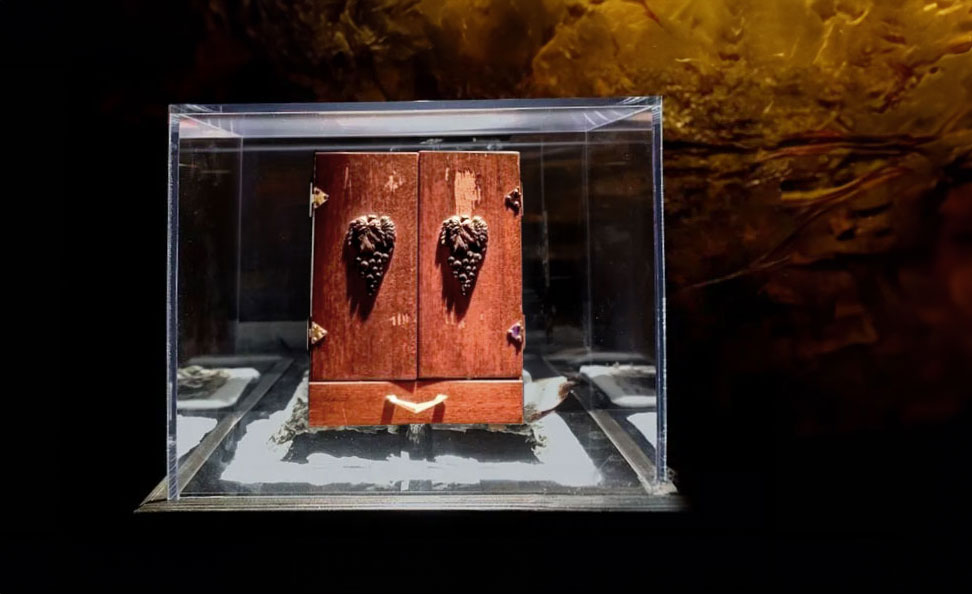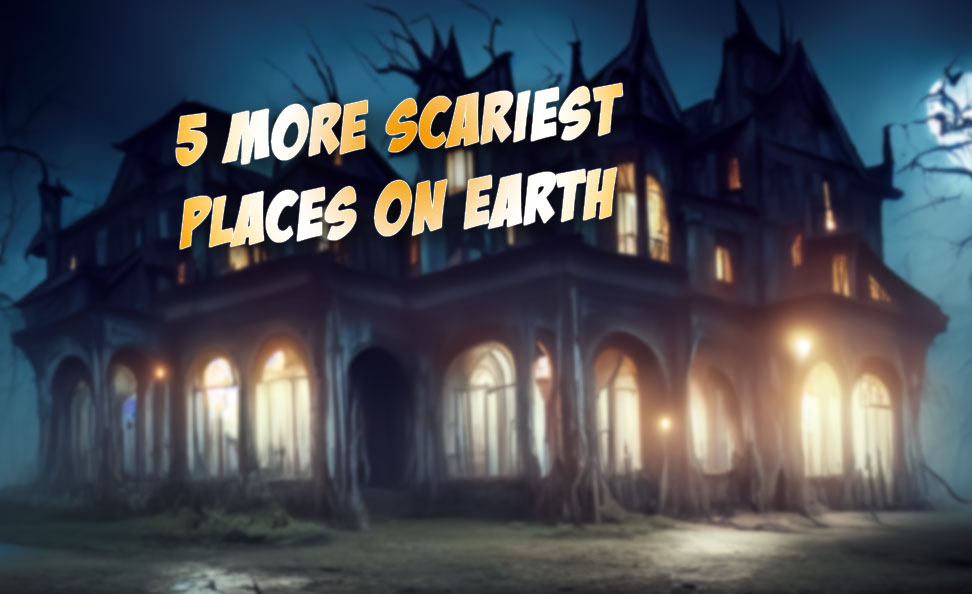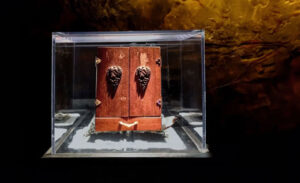Some ghosts may seek to interact with the living for various reasons, ranging from seeking resolution for unfinished business to wishing harm upon unwitting living individuals.
The Cultural Folklore and Mythology Surrounding Ghosts
Many people may consider ghost stories as strictly works of fiction meant to entertain and titillate listeners. However, multiple cultures and societies have embraced these legends as part of their established folklore and mythology.
Historical Context of Ghosts in Folklore and Mythology
Ancient Greece and Ancient Rome
Ghosts in Ancient Greece and Rome held particular significance within their respective mythologies and belief systems. Often seen as powerful omens or symbols of the divine, they were regarded as messengers or reminders of past deeds and actions that resonated into the afterlife.
Stories about ghosts were widespread not only within religious texts but also in the form of popular tales among ancient Greek and Roman citizens. Frequently featuring vengeful or restless spirits seeking justice or revenge against their mortal tormentors, these stories delved into moral dilemmas and lessons about life, death, the soul’s journey, and its transition to another state of being.
In ancient Greek culture, areas such as necromancy—the act of communicating with the dead for divination purposes—were quite popular. Rituals performed by necromancers focused on summoning spirits to provide insights regarding pressing matters in life. This further emphasized how deceased souls remained present within societal belief systems while continuing to impact upon living individuals. Similarly, ancient Romans believed that some ominous events like accidents or sickness could be caused by grudges held by malevolent spirits.
One notable instance appearing frequently within both oral customs alongside established literature involves Homer’s “Odyssey,” a classic epic poem dating back to eighth century BCE—an epoch predating even modern Western civilizations’ earliest chronicles showcasing how long ghostly folklore permeated shared cultural consciousness.
The story contains a memorable scene in which Elpenor—a sailor belonging to Odysseus’ crew—tragically falls from a rooftop and dies unbeknownst to his comrades who set sail without any knowledge surrounding his fate left behind.
When Odysseus journeys into Hades to seek counsel from a seer named Tiresias concerning how best he may eventually return home safely amid trials lying ahead both before him – prophesized warnings about resisting temptations await should temptation prove too great while venturing onward toward reestablishing life amongst loved ones left waiting back home – he encounters Elpenor’s spirit residing within the underworld among countless other deceased shades.
Recognizing his former comrade, Elpenor implores Odysseus to return to Circe’s island so that a proper burial could be given honoring his memory and providing peace for the restless soul failing escape confines provided by Hades’ domain until granted lasting solace as deserved.
Such stories hailing from early civilizations characterized their perceptions regarding life, death, and ethereal realms.
Medieval Europe
In the time of Medieval Europe, we discover that ghosts and supernatural beliefs continued to captivate the curiosity and instill terror in the hearts and minds of individuals across various cultures and societies.
This was an era where belief systems concerning witches, demons, and angels became entwined with perceptions regarding spectral phenomena, playing a significant role in the daily lives of people in medieval societies.
The notion of supernatural beings and otherworldly occurrences was not new, but this time period saw Christianity rise to prominence. In turn, Christianity also brought novel ideas surrounding the afterlife and spiritual entities.
Purgatory, in particular, became a central concept for Christian followers during this time. The belief in purgatory as a place between life and the afterlife, where the souls of the deceased were purified before entering into Heaven, further led people to hypothesize that wandering souls could end up lingering in an intermediate realm.
This assumption might have provided an explanation for the encounters with ghostly beings documented across various historical texts and tales.
In the religious and social climate of Medieval Europe, the fear of ghosts often went hand-in-hand with the fear of witches and demonic possession. Witches were believed to possess the power to conjure spirits and, at times, even communicate with the dead. This often resulted in accusations that these women had formed unholy pacts with dark forces. The Church ensured that confessions of witchcraft were widely publicized, reinforcing the belief in the supernatural world and the pervasive presence of ghosts and demonic spirits.
Ghosts were not limited to human spirits during the medieval period, as it was also believed that other types of supernatural beings could take on spectral forms. The distinction between the ethereal spirits of the deceased and other supernatural creatures often blurred, further contributing to the enigmatic and frightening allure of ghostly phenomena.
Asia and the Middle East
In Asian and Middle Eastern cultures, folklore is rich with stories about various spirits, ghosts, and supernatural entities that have captivated the human imagination for centuries. Peculiar phenomena like yūrei and jinn are integral aspects of these centuries-old traditions that impart their subjects both psychological and spiritual fascination.
Yūrei, the Japanese term for spirits or ghosts, are based on the idea that human beings possess an ethereal spirit that, upon death, must pass into the spirit world. However, if an individual has experienced strong, unresolved emotions in life, such as sorrow, envy, anger, or love, their spirit might be unwilling to let go of the physical realm, preventing them from fully entering the spirit world.
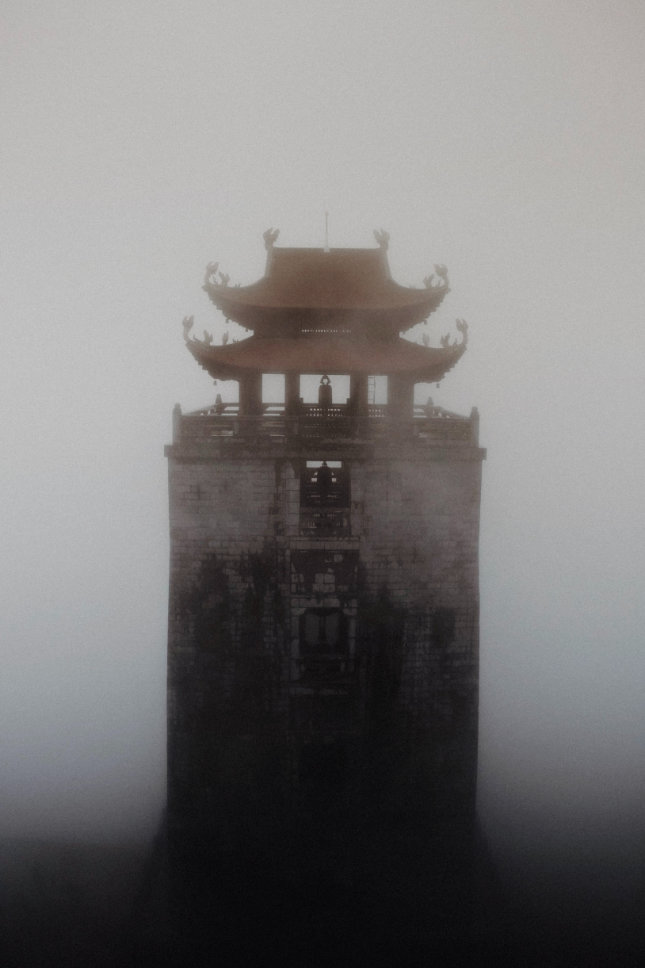
This barrier presents an opportunity for yūrei to enter a liminal state, wherein their emotional burden manifests as an eerily arresting presence. Representations of yūrei in Japanese art have become emblematic of the country’s unique cultural heritage, and highly influential across the globe in literature, cinema, and various other forms of media.
Middle Eastern folklore, revolves around tales of jinn, supernatural beings that have their roots in Islamic religion but have also been observed in pre-Islamic Arabian mythology.
Jinn are said to be created from smokeless fire; they live in a world parallel to that of humans, with the ability to shape-shift and interact with human beings at will. Interestingly, jinn occupy an ambiguous gray area in terms of morality, sometimes appearing as benevolent, well-wishing figures, while at other times behaving maliciously, sowing chaos in the lives of unsuspecting mortals.
The existence of yūrei and jinn in the folklore of Asia and the Middle East captures a shared human fascination with the supernatural—a realm that operates out of reach but occasionally intersects with everyday life. This preoccupation with the hidden, enigmatic forces that reside behind the veil of reality illuminates the universal human curiosity and innate desire to delve into the unknown.
Both Japanese and Middle Eastern folklore display diverse and complex narratives that expand upon cultural beliefs about ghosts, spirits, and the supernatural realm. These stories emphasize the severity of emotions that people grapple with in life and their potential to impact people even after death.
Common Beliefs About Ghosts in Folklore and Mythology
Types of Spirits Encountered in Different Cultures
Many cultures have developed their classifications for the kinds of ghosts that may appear or interact with living people. In Chinese culture, for instance, ghostly entities include the “egui” (鬼), which represent unsettled souls seeking closure or those aimlessly wandering while waiting for judgment.
Other classifications involve distinctions between whether these entities cause harm or simply manifest their presence without any malicious intent.
Reasons Why Certain People Encounter Spirits More than Others
Different cultures offer varying explanations as to why some individuals are more prone to encounter ghostly phenomena than others.
For example, many Asian communities believe some people possess heightened spiritual perceptions allowing them to see beyond our physical world into realms inhabited by deceased souls.
Similarly, Eastern European folklore presents stories where powerful psychics can communicate directly with spirits while providing counsel or guidance regarding unfinished issues from before they died.
Different Ways to Protect Oneself from Malevolent Entities
Many global folklore traditions feature suggestions on how ordinary people can guard against possible harm inflicted upon them should they happen across spectral phenomena. Especially if these encounters involve malevolent spirits.
Measures may range from uttering specific prayers meant to dispel evil influences to carrying amulets fashioned with materials traditionally associated with spiritual protection.
Modern Interpretations of Ghostly Phenomena in Pop Culture
Movies, TV Shows, and Books that Explore the Concept of Ghosts
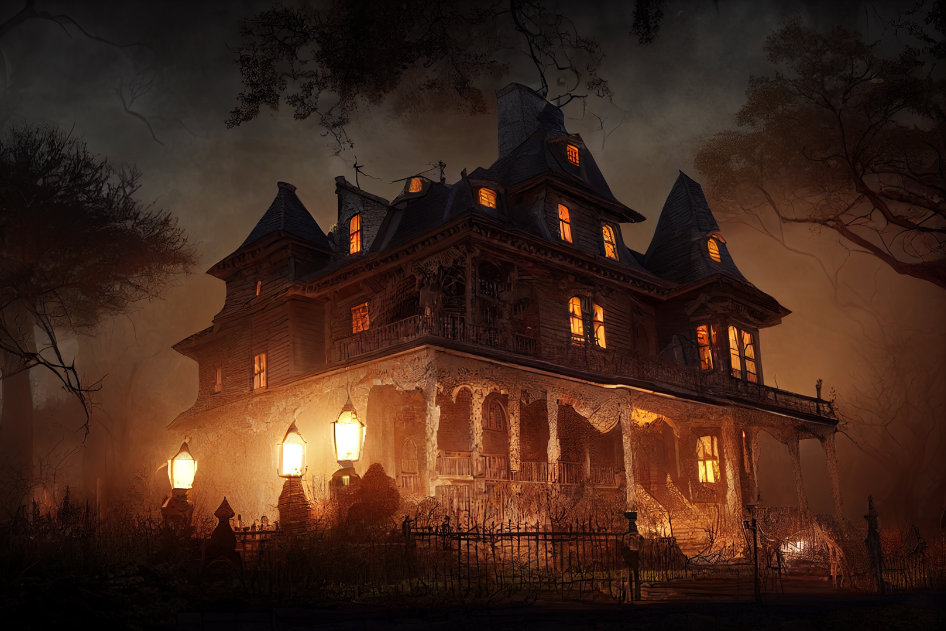
Pop culture has long been fascinated by mysterious and thrilling aspects of ghosts and related supernatural occurrences.
Movies like The Sixth Sense, The Grudge, and A Tale of Two Sisters explore tales about individuals, grappling with spirits through an array of situations, some tragic and heartrending while others focus more on the spine-chilling horror aspects.
Many book series, like The Harry Potter books, similarly contain elements inspired by various myths relating to ghosts inhabiting our world.
How Modern Society Perceives Ghost Stories Compared to Traditional Beliefs
In many respects, contemporary society’s fascination with ghost stories has maintained a stronger resemblance to entertainment rather than religious or spiritual education despite evolving over time.
This does not deny that many people still deeply believe in the existence of ghosts and take precautions accordingly as influenced by their respective cultural background even amidst increased skepticism generated within modern times.
Mystical Finale
Ghosts will undoubtedly continue captivating human curiosity for generations to come as these supernatural entities straddle realms between life and death while simultaneously embodying complex psychological connections that each individual relates in differing ways to fear and love.
This insight into global ghostly beings allows us to develop a well-rounded appreciation about how different cultures conceptualize these enigmatic figures. Folklore gives us different perspectives on shared human experiences surrounding mortality and spirituality.
Ghosts represent a global phenomenon with deep roots in history, folklore, religion, and mythology, providing eternal fuel for the imagination and enduring fascination for all those who seek answers about life beyond death.



